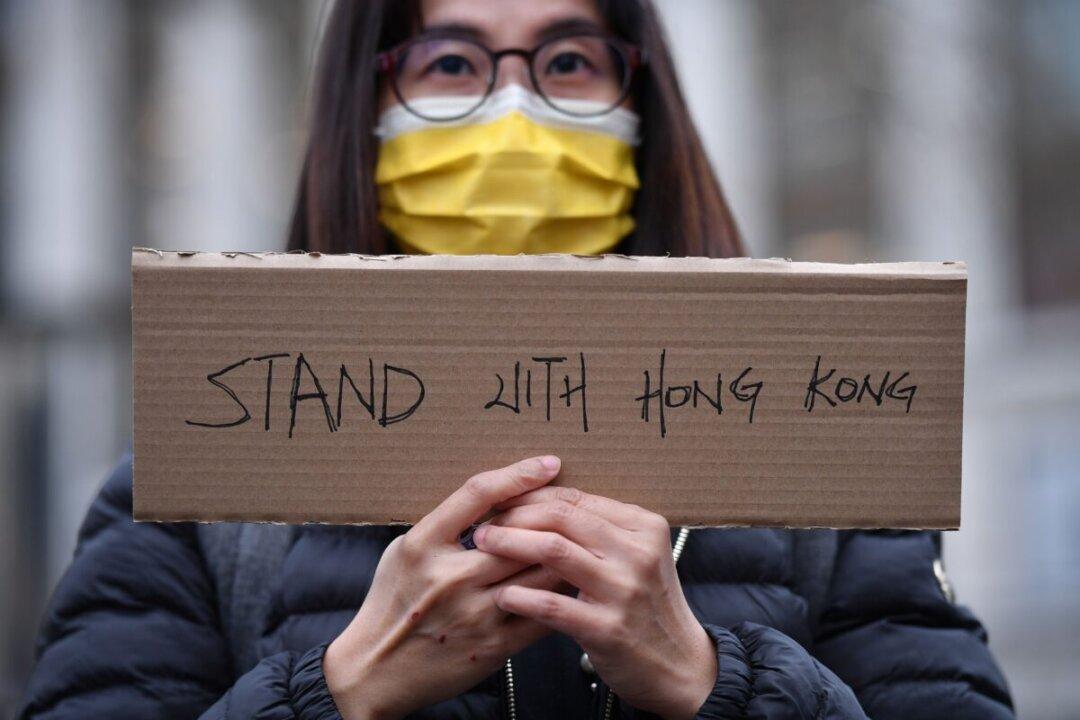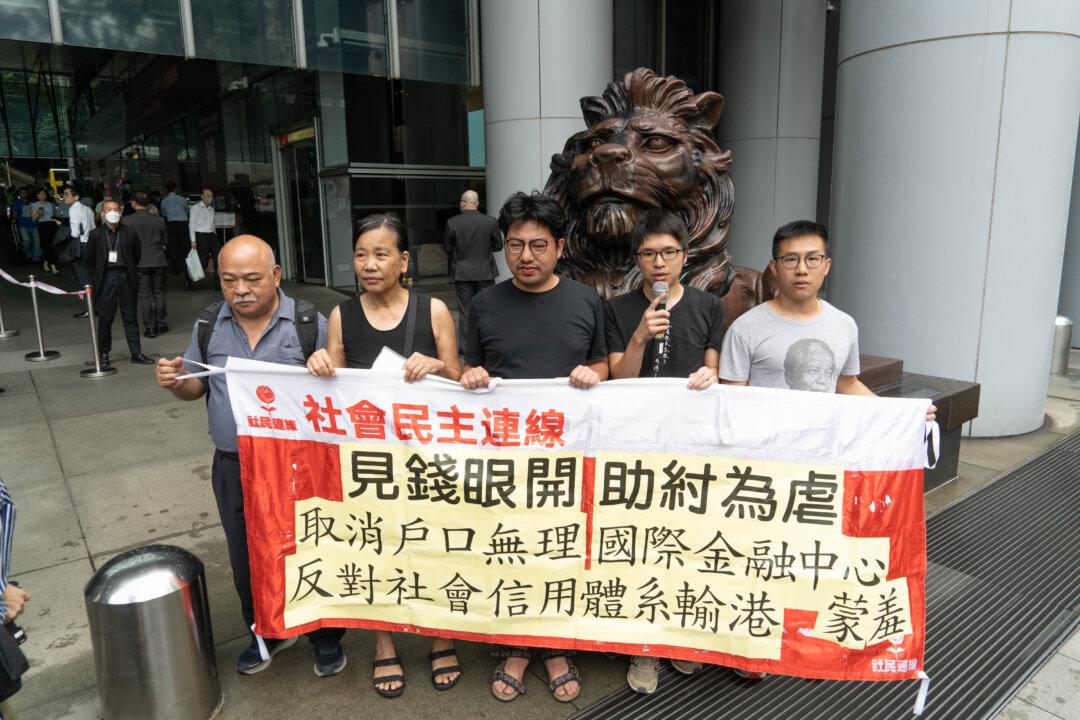Journalist Peter Langan, who was previously employed as an editor at the China Desk by The South China Morning Post (SCMP), a major English media in Hong Kong owned by Alibaba, highlighted a possible case of self-censorship by the media at a press conference held at the Foreign Correspondents’ Club of Japan recently.
In 2021, a group of SCMP journalists under Langan spent a number of months preparing a series, particularly investigating family planning and reproduction in Xinjiang, which was to be published in three segments. The investigation explored whether the human rights situation in Xinjiang constitutes the definition of “genocide of targetted groups” by the United Nations Guideline.
However, SCMP senior management withheld publishing the report. After that, two journalists and the editor who was responsible for the Xinjiang investigation resigned one after another.
Langan said at a seminar at the Foreign Correspondents’ Club of Japan on Oct. 13: “The specific investigative report discussed the human rights situation from different perspectives, particularly birth control in Xinjiang, and whether it constitutes ‘genocide’ as defined by the United Nations.”
According to Langan’s investigation and research, since the cancellation of the “one-child policy” by the Chinese Communist Party (CCP) in 2016, the use of family planning equipment and sterilization (particularly inter-uterus devices) in many parts of China had decreased dramatically except in the Western region of Xinjiang, which Muslim residents dominate.
Langan’s investigation combined family planning data from the CCP over the past 30 years, including statistics from the National Health Commission of the CCP, the birth and population growth statistics in the Xinjiang Statistical Year Review, and county-level documents.
Langan explained that SCMP management had dismissed the project as soon as Langan’s team discussed the Xinjiang investigation report. Langan hoped that the information could be published. However, the executive editor altered and rewrote the piece massively, bringing the whole series to a standstill. Following several conference calls discussing the issue, it was clear that “there was no way they were going to publish this story on Xinjiang and the criticism of the Communist Party of China that it implied,” Langan said.
Langan wrote in his last email to the SCMP management in August 2021,” It seems clear that our three-part Xinjiang story now faces thousands of objections and critics by editors.” Langan suggested that the chopping and cutting were to ensure the report wouldn’t see the light of day.
Ultimately, the two journalists in charge of writing the report resigned from SCMP. Langen also decided to quit and moved to Japan a few months later, which Langan said was the most direct impact on him. The former SCMP senior editor also mentioned that it has become increasingly difficult to report news related to China in recent years.
SCMP Sends Warning Letter to the Report Editor
However, after the press conference in Japan and the release of an online report by Hong Kong Free Press, SCMP sent a warning letter to Peter Langan, sighting potential copyright infringement for the use of unauthorized materials and advising him to stop any such use immediately. In the letter, SCMP also requested him to retrieve any such materials distributed or in his possession and return them to SCMP within seven days.It Is Not The First Time SCMP Has Censored Its Publication
Previously, Beijing netizen Peng Zaizhou hung an anti-Xi Jinping banner on the Sitong Bridge before the 20th National Congress of the Communist Party of China. It triggered waves of protests against Xi Jinping’s reelection in China.SCMP, like other mainstream Hong Kong newspapers, did not report the incident at all.
Since the acquisition by the Chinese-funded Alibaba Group in 2016, SCMP’s independence has been questioned repeatedly due to its censorship of any news that might involve CCP in scandals.
SCMP also cooperated with the CCP’s propaganda in the past. One includes a staged visit in March 2020 to Michael Gui Minhai, a Chinese-born Swedish writer who owns Causeway Bay Books.
In the staged interview, SCMP claimed the bookstore owner said Sweden had ruined his life and would never trust the Swedish again, and he wanted to stay in China forever. Many netizens did not believe the interview’s authenticity. They said it was set up by the CCP, especially since Gui had been writing books about scandals of Chinese political figures in his writing career.
The bookstore case captured international concerns for the safety of Gui after he went missing in Thailand in 2015. Gui is a Chinese political writer, one of the five members that went missing in the incident of The Causeway Bay Books Disappearance.
The case infamously strained the relationship between the CCP and Sweden, as the regime had held Gui, a Swedish citizen, against his will.
Under the Basic Law in Hong Kong, publishers have freedom of speech and publishing. But since Causeway Bay Books sell what is considered banned books in China, the CCP is extremely sensitive and verbally warned the bookstore owners of the consequences before kidnapping the bookstore members.
Causeway Bay Books has since moved its business to Taiwan.




